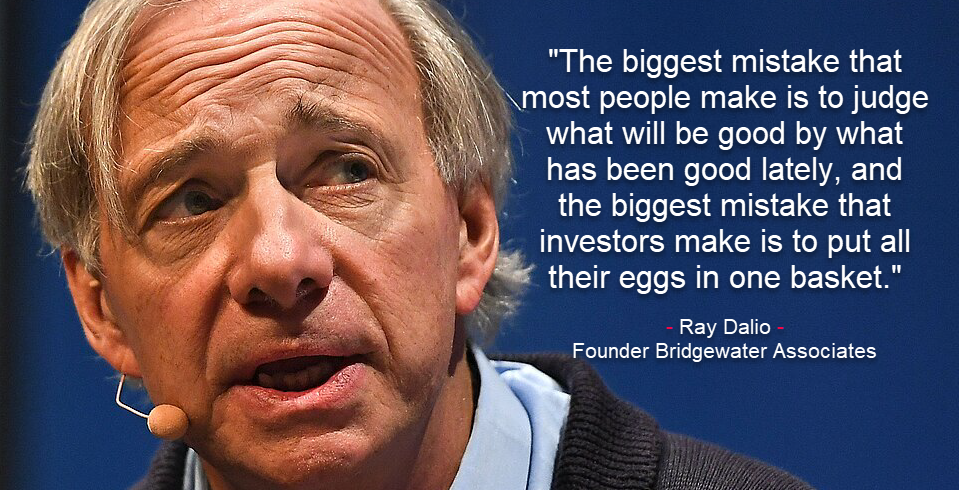The total value of a company’s outstanding shares of stock is expressed as market capitalization, often known as market cap. It is computed by multiplying the current market price per share by the total number of shares outstanding.
For investors, market capitalization is a crucial indicator since it gives information about the size and total worth of a company. Businesses with bigger market caps are often perceived to be more established and stable than those with smaller market caps, however this is not always the case.
There are various different classifications for firms based on their market capitalization. They consist of:
- Small-cap firms are those with a market capitalization of $300 million to $2 billion.
- Mid-cap firms are those with a market capitalization of between $2 billion and $10 billion.
- Large-cap firms are businesses with a market capitalization of over $10 billion.
These categories are frequently used by investors to help them find investment possibilities that fit with their risk appetite and investing goals.
Market capitalization can also be used to compare companies within the same industry or sector. If two technological companies, for instance, have comparable business concepts but one has a substantially higher market cap than the other, this may be a hint that investors are more confident in that company’s capacity to sustainably create revenue and profits.
Market capitalization alone, it should be kept in mind, does not give a clear picture of a company’s financial situation or growth prospects. While assessing an investment opportunity, additional aspects including revenue growth, profit margins, debt levels, and regulatory concerns must also be taken into account.
The fact that market capitalization can be impacted by short-term changes in stock prices is one typical argument leveled against it as a measure of worth. For instance, even though a company’s underlying fundamentals are still solid, its market cap could drop dramatically if it temporarily experiences a decline in its stock price as a result of unfavorable news or general economic conditions.
Notwithstanding this restriction, a lot of investors still consider market capitalization to be crucial when making decisions. By understanding how firms are valued based on their size and anticipated potential for growth, investors may make better informed judgments about where to put their resources within the stock market.





